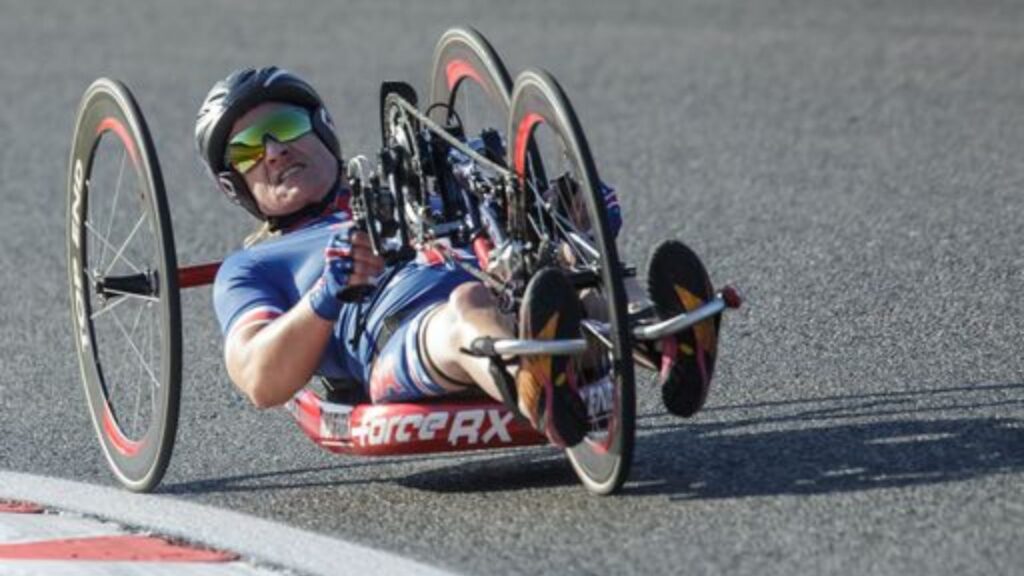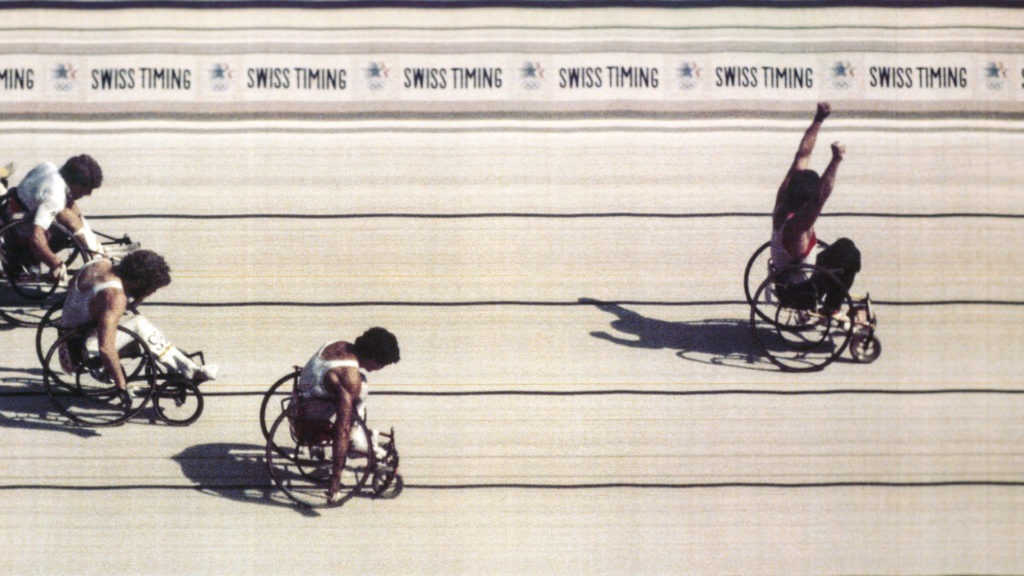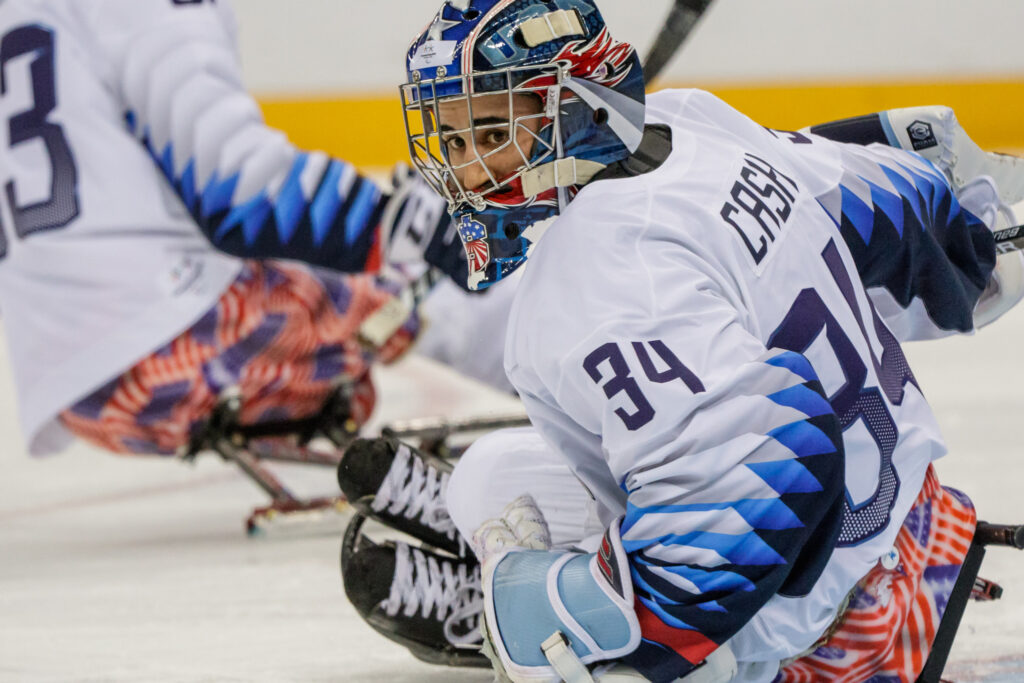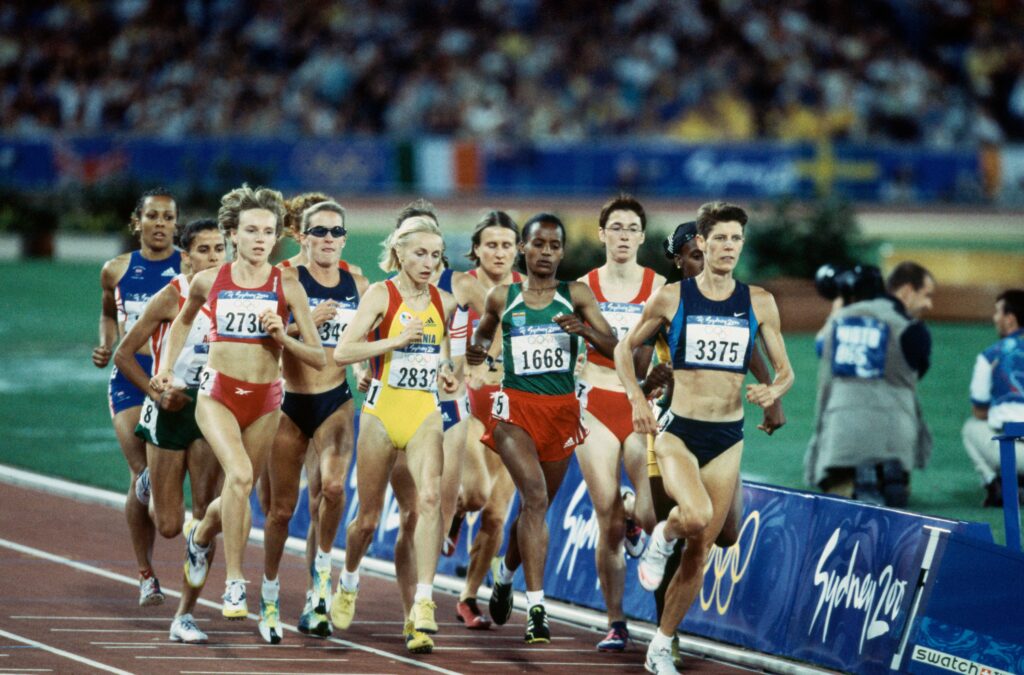Coming of age in the 1960s, Micki King’s opportunities in athletics were not extensive. The local YMCA had two nights each week that were girls only.
After enrolling at the University of Michigan – which at the time did not sponsor a varsity women’s diving team – King felt fortunate that the school’s men’s diving coach – five-time U.S. Olympic Coach Dick Kimball — snuck her and a few classmates into the men’s pool for training.
“We were basically trained from birth to think that way,” King later wrote.
Even in this environment, not only did King persevere, she thrived, graduating from Michigan in 1966, beginning a career in the U.S. Air Force and eventually qualifying for the Mexico City 1968 Olympic Games.
There, King was in sight of the gold medal in the three-meter springboard event. After eight of 10 rounds, King was in first place.
Disaster struck, though, was King narrowly clipped the board with her left arm on the ninth dive. What turned out to be a fractured arm spoiled her final dive; King finished fourth and did not make the medal podium.
King returned to the United States with her arm in a cast. She returned to the Air Force and began training for the Munich 1972 Olympic Games, where this time she captured the gold medal in the three-meter springboard.
King then returned to the United States and began her coaching career at the Air Force Academy, guiding the Cadets’ men’s diving team and becoming the first woman to coach a male athlete to an NCAA individual championship and the first woman to teach physical education at one of the service academies. King retired from the Air Force as a colonel and worked 14 years as an athletic administrator at the University of Kentucky, while also commanding the university’s ROTC regiment.
King also served on the board of directors for the U.S. Olympic Committee and the Women’s Sports Foundation and as President of USA Diving.












